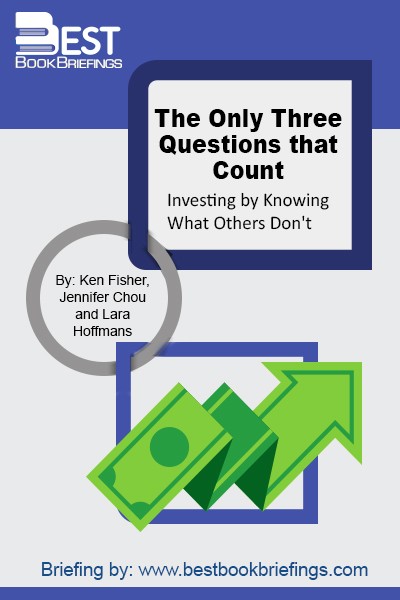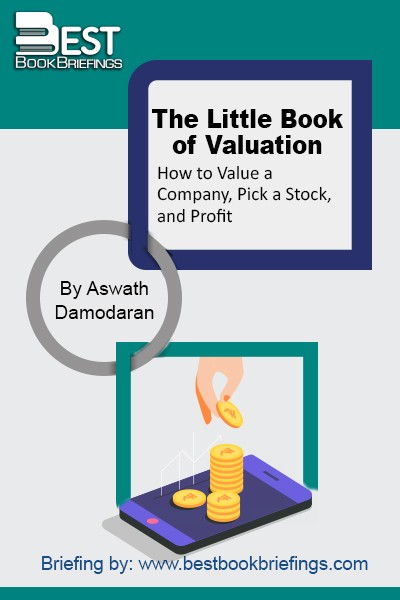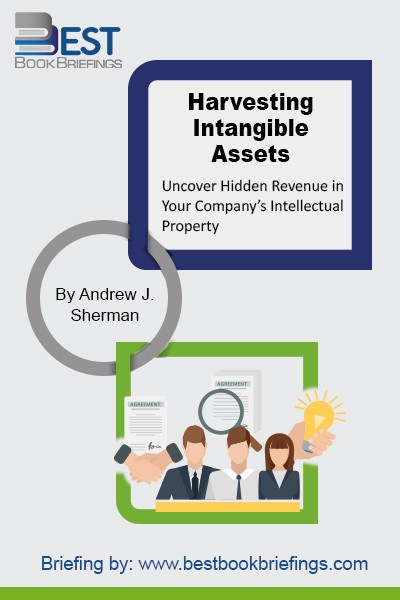Harvesting Intangible Assets
Uncover Hidden Revenue in Your Company’s Intellectual Property
Editorial Review
No matter what your profession, no matter what your company does, no matter what your life situation may be—we all follow this fundamental and deeply rooted agricultural process in some way throughout the days of our lives. We are all the new agrarians. But do we recognize ourselves as such? Have we learned from the success and failures of the agrarian economies that preceded us? Can we learn to apply the traditional as well as the latest best practices of farming to our daily lives and in the growth of our companies? How can we mark our lives more enjoyable and enriching our companies more productive and profitable by adopting an agrarian approach to life planning, time management, resource allocation, innovation harvesting and business model reshaping?
Book Reviews
Books on Related Topics

Accounting and finance like all other business disciplines, really are as much art as they are science. The art of accounting and finance is the art of using limited data to come as close as possible to an accurate description of how well a company is performing. Accounting and finance are

Building new knowledge of how capital markets works is everyone's job, whether you accept that or not. You are part of it, whether you know it or not. By knowingly embracing it you can know things others don'tthings finance professionals don't know yet. You needn't be a finance professor or have

You buy financial assets for the cash flows you expect to gain. The price of a stock cannot be justified by assuming there will be other investors around who will pay a higher price in the future. That is the equivalent of playing an expensive game of musical chairs. As a



